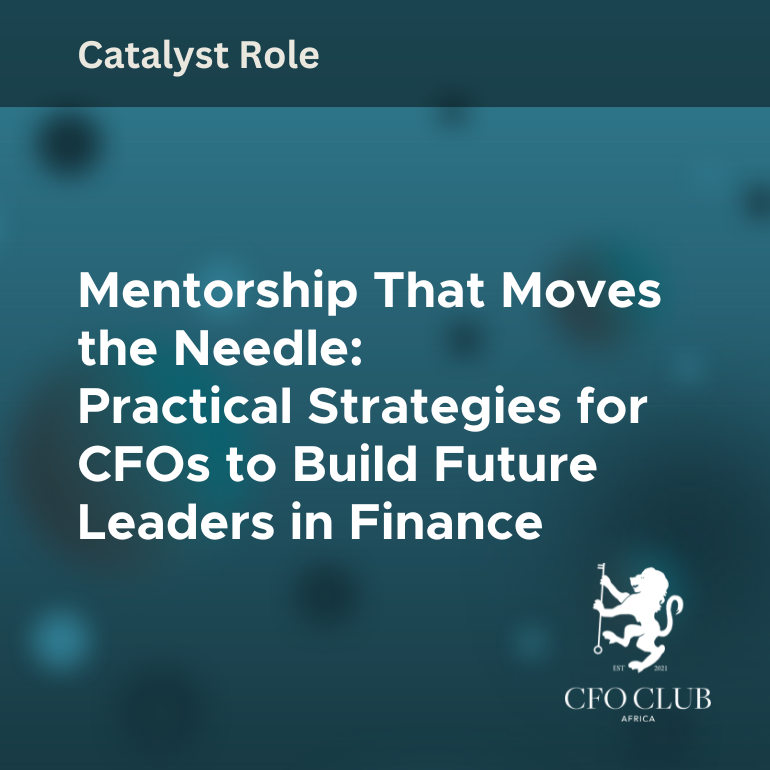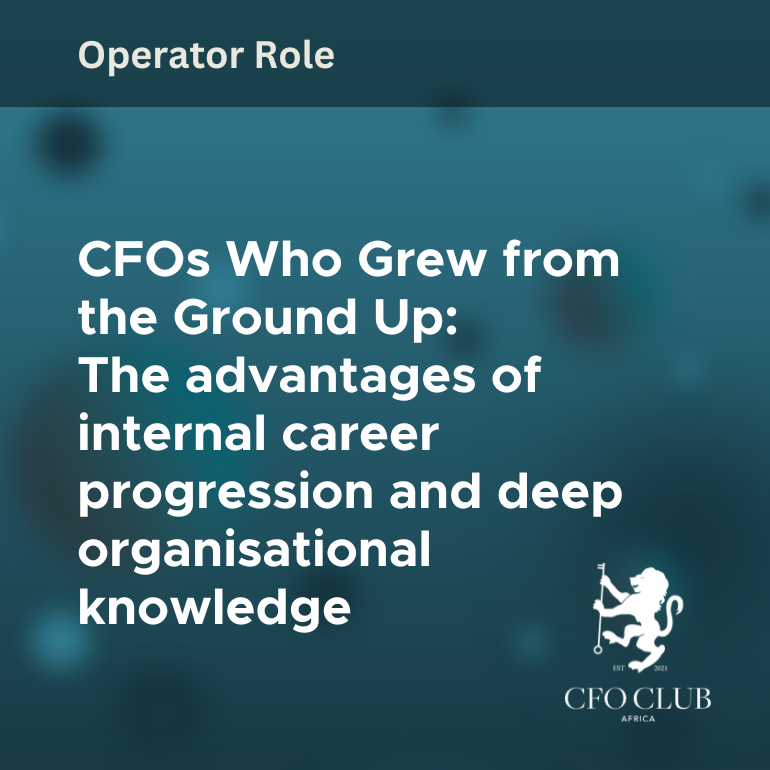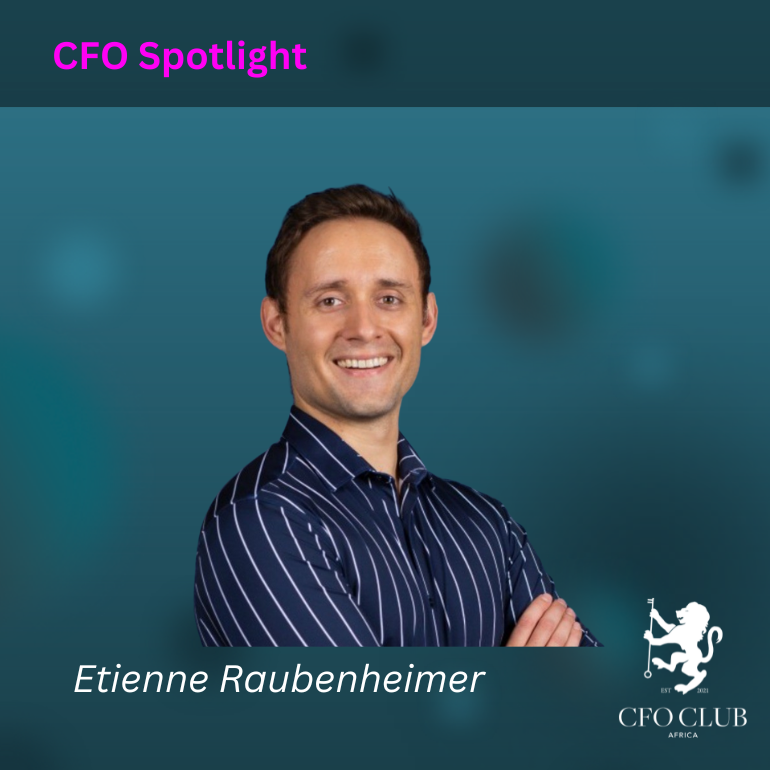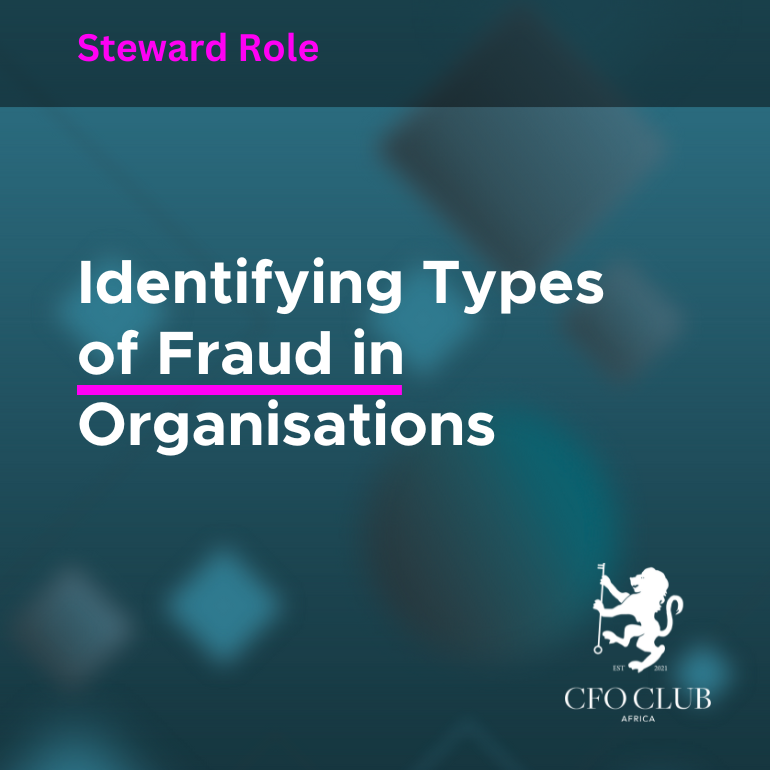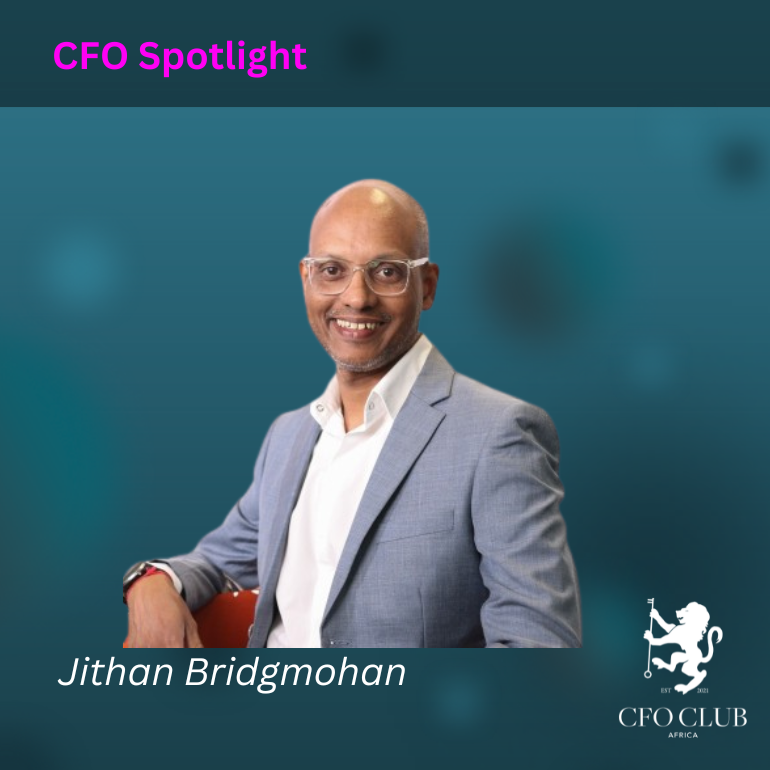Mentorship That Moves the Needle: Practical Strategies for CFOs to Build Future Leaders in Finance
Mentorship That Moves the Needle:
Practical Strategies for CFOs to Build Future Leaders in Finance
Mentorship is not a feel-good extra or a nice-to-have. For a Chief Financial Officer, it is a leadership responsibility. When you mentor someone, you shape how they think, how they grow, and how they contribute to the organisation. You also help secure the future of your finance team by developing the next generation of decision-makers.
Mentorship is especially powerful when you invest in mentoring women. Although there has been progress, women are still underrepresented in senior finance roles. With the right support, many are ready to lead but may lack visibility or access to opportunity. As a CFO, you are in a unique position to change that.
Start with a Clear Intention
Great mentorship does not begin with a formal programme. It begins with noticing talent and deciding to act. If someone on your team shows potential, curiosity, and initiative, invite them to a conversation. Ask them about their goals, their challenges, and their ambitions.
Agree on how often you will meet. This could be a monthly check-in or a quarterly strategic session. Be intentional about your time. Make it clear that the purpose is to support their growth. Help them define what they want to achieve, and make a plan to help them get there.
Let Listening Guide the Relationship
Many senior professionals assume mentoring means giving advice. While that is part of it, the most powerful mentoring starts with listening. Your mentee may see you as someone who has already arrived, while they are still figuring things out.
Make space for honesty. Ask them what they are struggling with. Ask where they want to improve. Ask what they are afraid to say in meetings. Listen without judgement. This kind of listening builds trust, which is the foundation of any meaningful mentorship.
Share Real Experiences from Your Career
Your experience is your biggest asset as a mentor. Use it. Share specific examples of how you handled difficult moments in your own journey.
You could speak about how you managed a liquidity crisis during a market downturn, how you dealt with internal conflict during a merger, or how you built alignment between finance and operations during a cost-saving drive.
Do not only talk about the wins. Share the setbacks too. When your mentee hears how you navigated pressure and uncertainty, they learn what resilience looks like in practice.
Use Your Influence to Open Doors
Advice is helpful, but access is powerful. Many emerging leaders, especially women, are kept out of the rooms where big decisions are made. As a CFO, you have the influence to change that.
Invite your mentee to sit in on key meetings. Ask them to present part of the financial update to the executive team. Nominate them for a high-impact cross-functional project. Speak their name in succession planning discussions.
These actions do more than build their confidence. They change how others see them too.
Focus on Skills that Create Strategic Leaders
Technical knowledge is important, but it is not enough. Your mentorship should help your mentee grow into someone who can lead.
Support them in developing skills such as financial storytelling, strategic thinking, stakeholder engagement, and decision-making under uncertainty. Teach them how to present complex information clearly, how to challenge assumptions respectfully, and how to make judgement calls when the data is incomplete.
Give them projects that stretch these muscles. For example, ask them to lead a risk scenario planning exercise or to present options for a capital allocation decision.
Be Honest About Performance
Good mentors do not sugar-coat feedback. If your mentee is not ready for a promotion, explain why. If they handled a task poorly, discuss it openly.
The key is to give feedback that is direct but kind. Make it clear that your goal is to help them grow. Show them how to reflect, learn, and improve. Help them understand that setbacks are part of leadership, not a sign of failure.
Encourage Independence and Confidence
Mentorship is not about creating someone in your image. It is about helping someone become their best version. One of the most valuable things you can teach is how to trust their own judgement.
Encourage your mentee to speak up, even when they are the youngest or most junior person in the room. Help them practise making recommendations with confidence. Teach them how to negotiate, how to influence without authority, and how to stand their ground in high-pressure environments.
Over time, they will develop a leadership voice that is strong, clear, and uniquely their own.
A Real Example of CFO-Level Mentorship
Aisha was a Group Finance Manager in a multinational logistics company. She was competent, hardworking, and deeply knowledgeable, but she was not seen as a leader. She kept a low profile, avoided conflict, and rarely shared opinions in executive meetings.
Her CFO, Pieter, recognised her potential. He started mentoring her with a specific goal in mind. He wanted her to move beyond operational delivery and step into strategic leadership.
He gave her full responsibility for preparing the financial narrative for the company’s five-year plan. This involved working with operations, forecasting different growth scenarios, and building a business case for an international expansion.
At first, Aisha was hesitant. She had never worked directly with the board or presented outside of finance. Pieter supported her through each stage. They held weekly sessions to refine her thinking, sharpen her messaging, and anticipate difficult questions.
When she presented the plan to the executive team, she handled objections calmly and confidently. She connected the financial outcomes to the company’s long-term vision. Within months, she was promoted to Group Financial Controller. Today, she mentors two women in her team and speaks regularly at internal leadership events.
Final Thoughts
Mentorship is not about fixing people. It is about lifting them. As a CFO, you have the knowledge, the access, and the credibility to help others rise.
When you take the time to mentor someone with intention and care, you build more than just a relationship. You build capability. You build trust. You build the kind of leaders who will help carry your company forward.
That is how mentorship moves the needle. One conversation. One opportunity. One future leader at a time.

